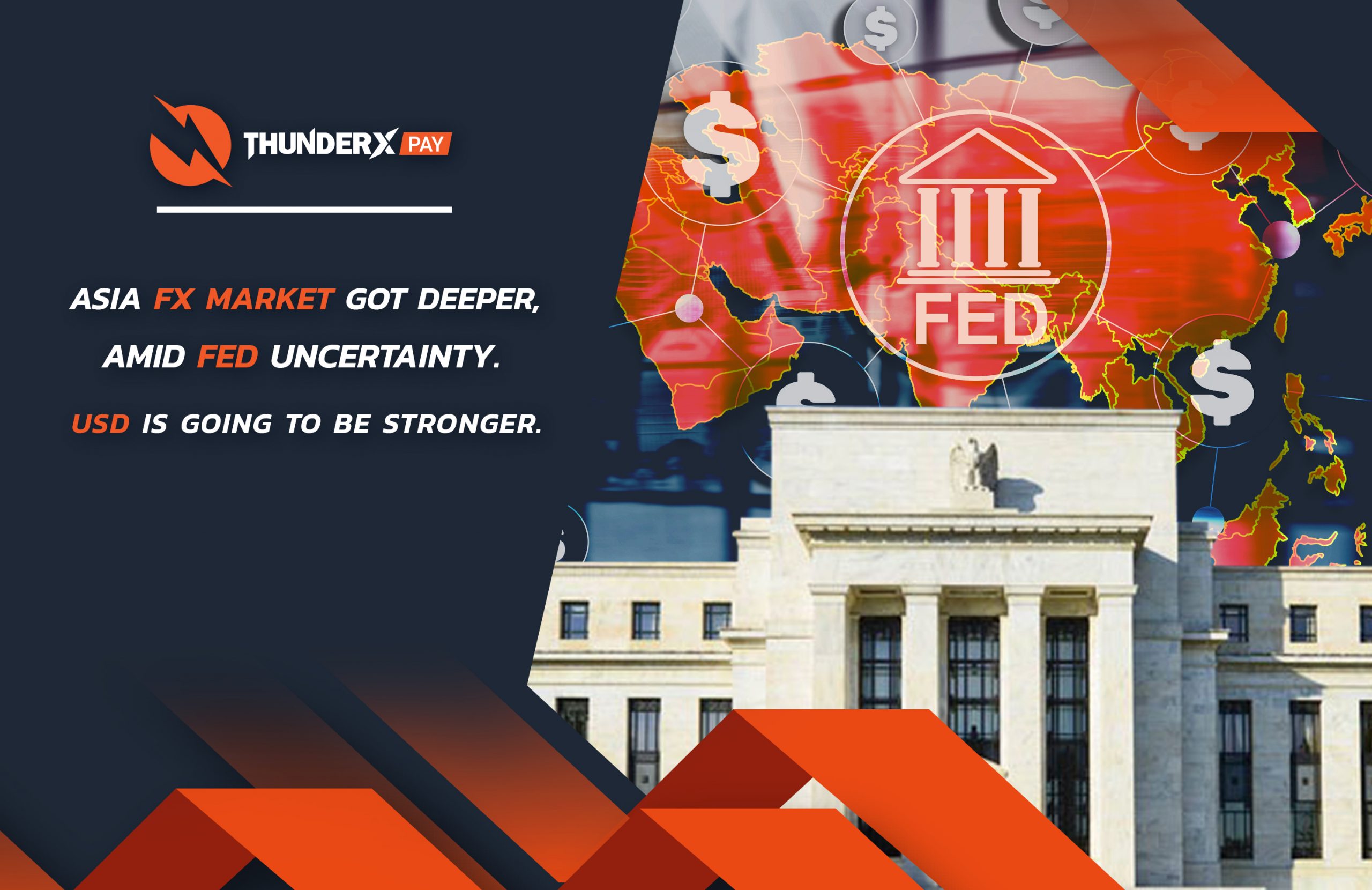
Tesla set conditions for 790.51 acres in thailand
Thailand’s Prime Minister, Mr. Srettha Thavisin, has issued a directive to address the pressing issue of industrial city planning that is impeding investment opportunities in the country. Under his guidance, Ms. Pimpatra Wichaiyakul, the Minister of Industry, has been tasked with convening executives from the Ministry of Industry to devise solutions. Additionally, discussions with the Department of Public Works and Town Planning, under the Ministry of Interior, are underway to overcome these obstacles. The urgency of this directive stems from the significant increase in investment figures observed throughout 2023. This surge in investment, evident from the rising number of applications received by the Board of Investment (BOI) and the investment figures in the Eastern Economic Corridor (EEC), underscores Thailand’s attractiveness as an investment destination. However, challenges persist in industrial city planning, as highlighted by feedback from numerous investors. One such investor of notable interest is Tesla, the renowned electric vehicle manufacturer. Following Prime Minister Srettha’s promotional efforts in the United States, Tesla expressed interest in exploring investment opportunities in Thailand. However, Tesla’s stringent requirement of a 2,000-rai plot









